Men's health package when planning to have children
We recommend this screening package to male members of couples who are about to have a child, examining the most important parameters of carbohydrate metabolism and hormone homeostasis in the liver, kidneys, hematopoietic system and thyroid function.
Laboratory test targeting men who are planning to have children
Vitamin D
Vitamin D not only plays a role in the healthy development of bones, but also affects the functioning of the immune system, nervous system, cardiovascular system, and metabolism. As an integral part of a healthy lifestyle, vitamin D levels should be monitored at regular intervals (approximately quarterly).
Iron
Iron is an important component of the oxygen-carrying protein in the blood, haemoglobin. In case of iron deficiency, anaemia develops, the oxygen carrying capacity of the blood decreases, the symptoms are fatigue, dizziness, weakness. In the case of iron deficiency, it must be ascertained whether it is due to increased loss (bleeding) or chronic illness (inflammation, cancer).
CRP
C-reactive protein. It is a sensitive indicator of inflammation, the level of which increases in proportion to the severity of the condition. Once the inflammation has passed, its value decreases rapidly. In the case of more severe inflammation, its value can be high (up to several hundred).
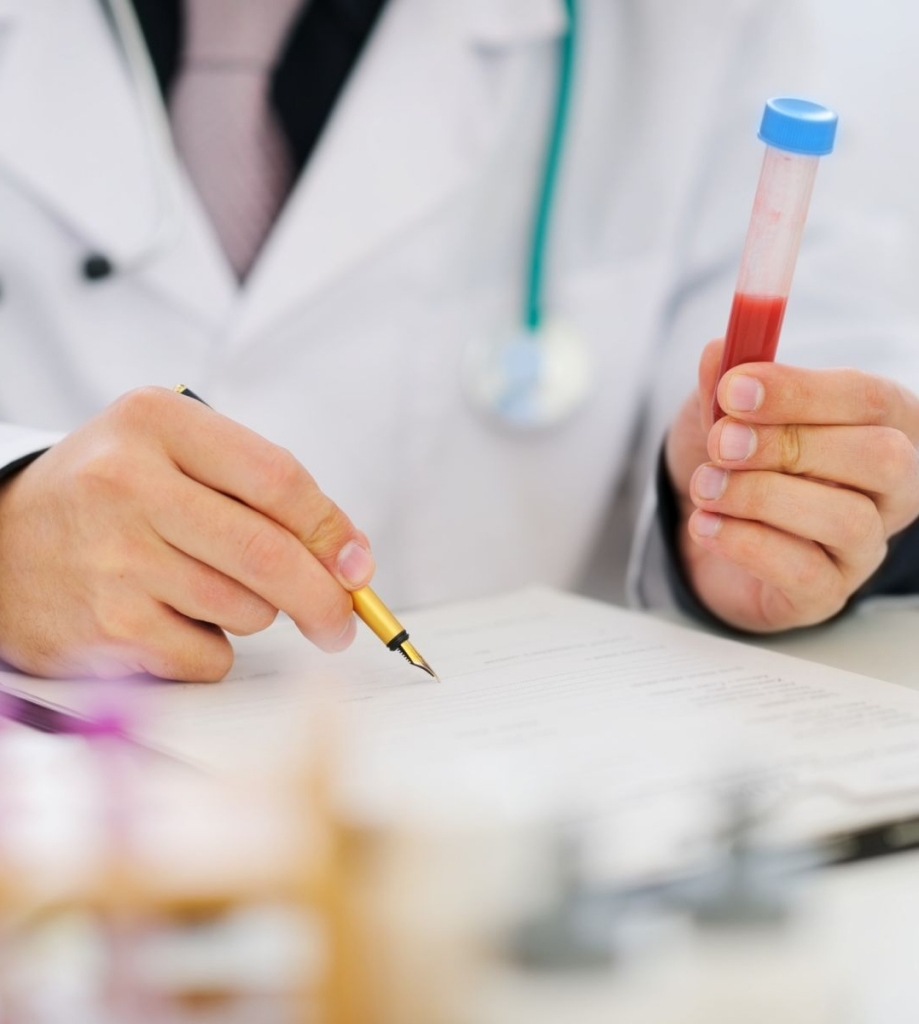
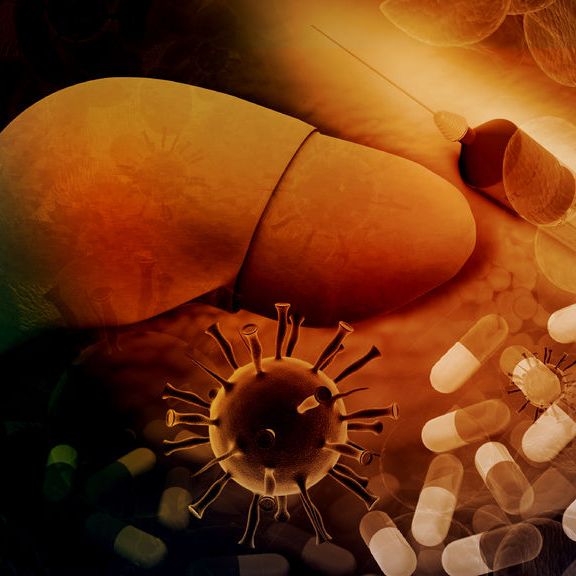
Westergren (ESR)
It draws attention to the existence of an abnormal process in the body, it is suitable for monitoring diseases. Its value is increased in infectious diseases, inflammation and malignancies, severe anaemia, kidney and thyroid disease.
Examination of liver function
The liver is the largest gland in the human body, responsible for, among other things, detoxification. Its role is essential for the normal functioning of metabolic processes. The liver produces cholesterol, an important component of bile, cleanses incoming blood, stores starch, and produces many vital proteins and coagulation factors, and stores vitamins A, D, and B12. It also plays a primary role in the breakdown of toxic substances (filters toxins from the blood), iron and copper metabolism, and bilirubin metabolism.
Items tested in the liver function laboratory package: bilirubin, GOT, GPT, GGT, AP, albumin, cholinesterase.
Examination of renal function
In the renal function laboratory test package, creatinine, urea, uric acid, general urine, and sediment are performed.
Testosterone
Testosterone is a steroid hormone (androgen) produced by the testicles in men. In men, testosterone stimulates the development of secondary sex, such as the growth of the penis, body hair and muscles, and the deepening of the voice.
Testosterone levels show significant variation among men, so there are a wide range of age-related testosterone values.
TSH (thyroid stimulating hormone)
It is a protein that is produced by the pituitary gland, not the thyroid gland, and is needed for the thyroid gland to function properly. If the value of TSH is increased, we talk about hypothyroidism, if the value of TSH is significantly decreased, we can often talk about hyperthyroidism.
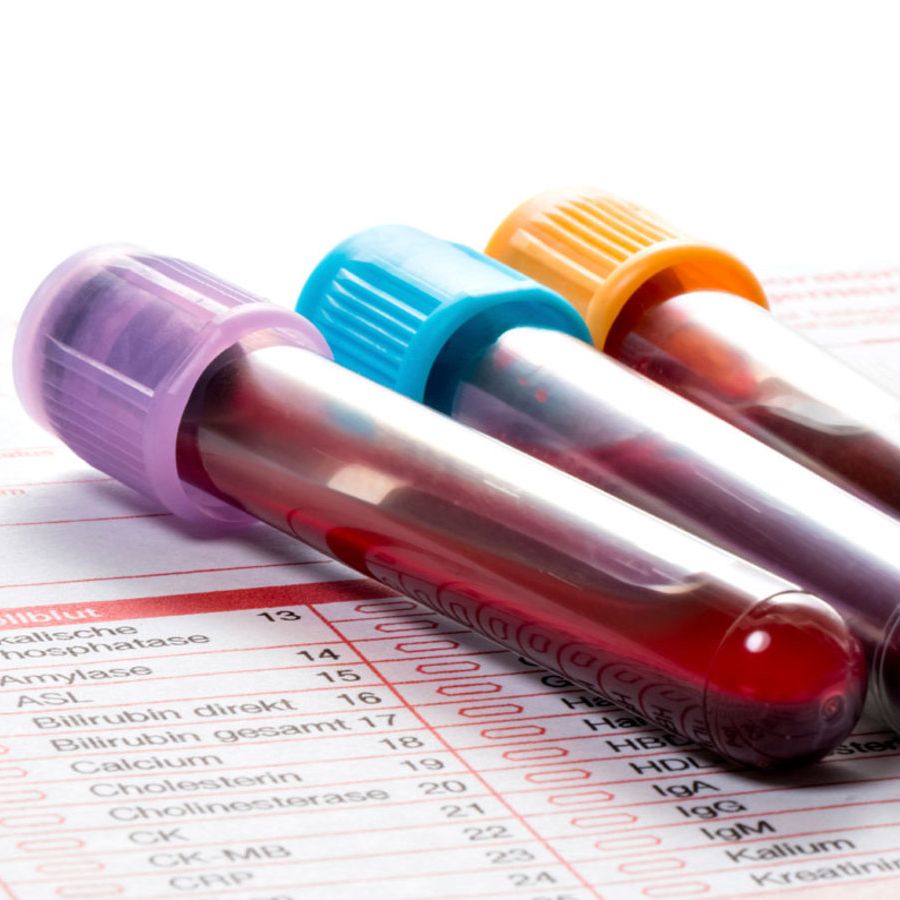
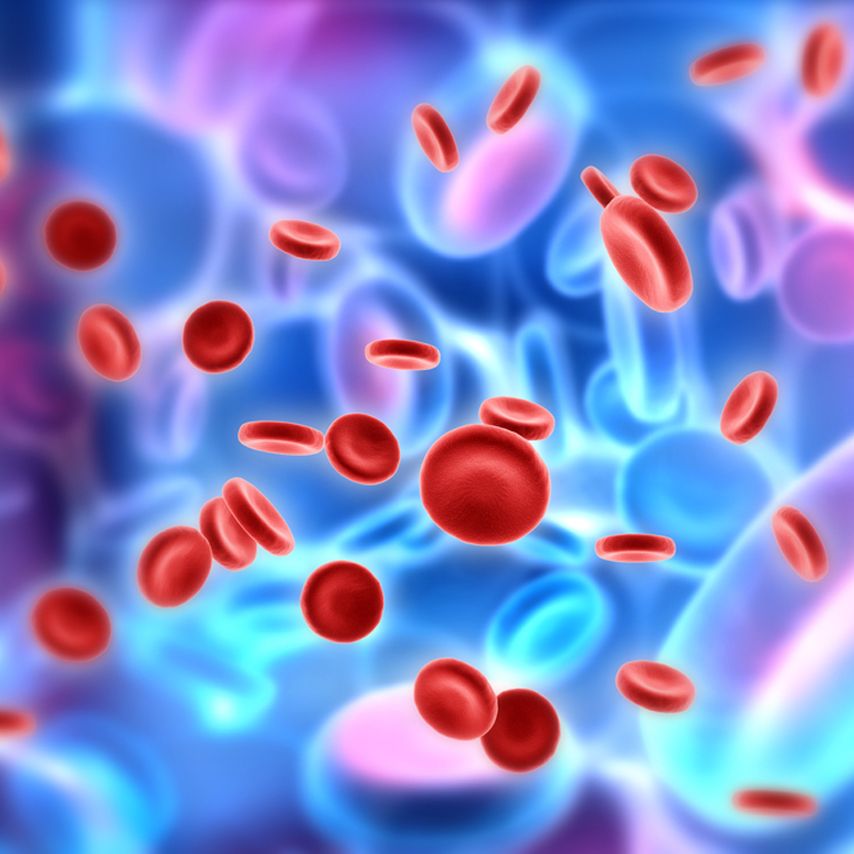
Transferrin
Transferrin is the major iron-carrying protein in the blood. From the degree of iron saturation, it can be inferred that the body’s iron stores are full. Transferrin concentrations are reduced in case of malnutrition and other conditions that cause a decrease in plasma proteins.
Blood count
Blood counts include white and red blood cell, haemoglobin and haematocrit, platelet counts, and red blood cell and white blood cell parameters.
White blood cells are found throughout the body, both in the blood and in the lymphatic system. The hormone that stimulates the production of red blood cells is the erythropoietin, which is produced by the kidneys. Red blood cells carry oxygen in our bodies and also play a role in transporting carbon dioxide.
Blood sugar
It is used to determine the level of glucose in the blood. It can be used to detect diabetes (diabetes mellitus) and to control the blood sugar level of a diabetic.
The most important hormones in regulating blood sugar are insulin, which lowers blood sugar, and glucagon, which raises blood sugar. Both are produced by the pancreas. Blood sugar levels can be measured at any time of the day, but if blood is not drawn on an empty stomach, the result will be affected by the consumed food, drink, and physical activity.
High blood sugar (hyperglycaemia) may be a sign of diabetes, so further tests may be needed. However, elevated blood sugar levels can also be a symptom of many diseases, including hyperthyroidism, inflammation of the pancreas, but it can also accompany other hormonal disorders, as many drugs can cause hyperglycaemia.
Low blood sugar (hypoglycaemia) may indicate hypothyroidism or other hormonal disorders, may be a symptom of an insulin-producing tumour, but is most often the result of an insulin overdose.
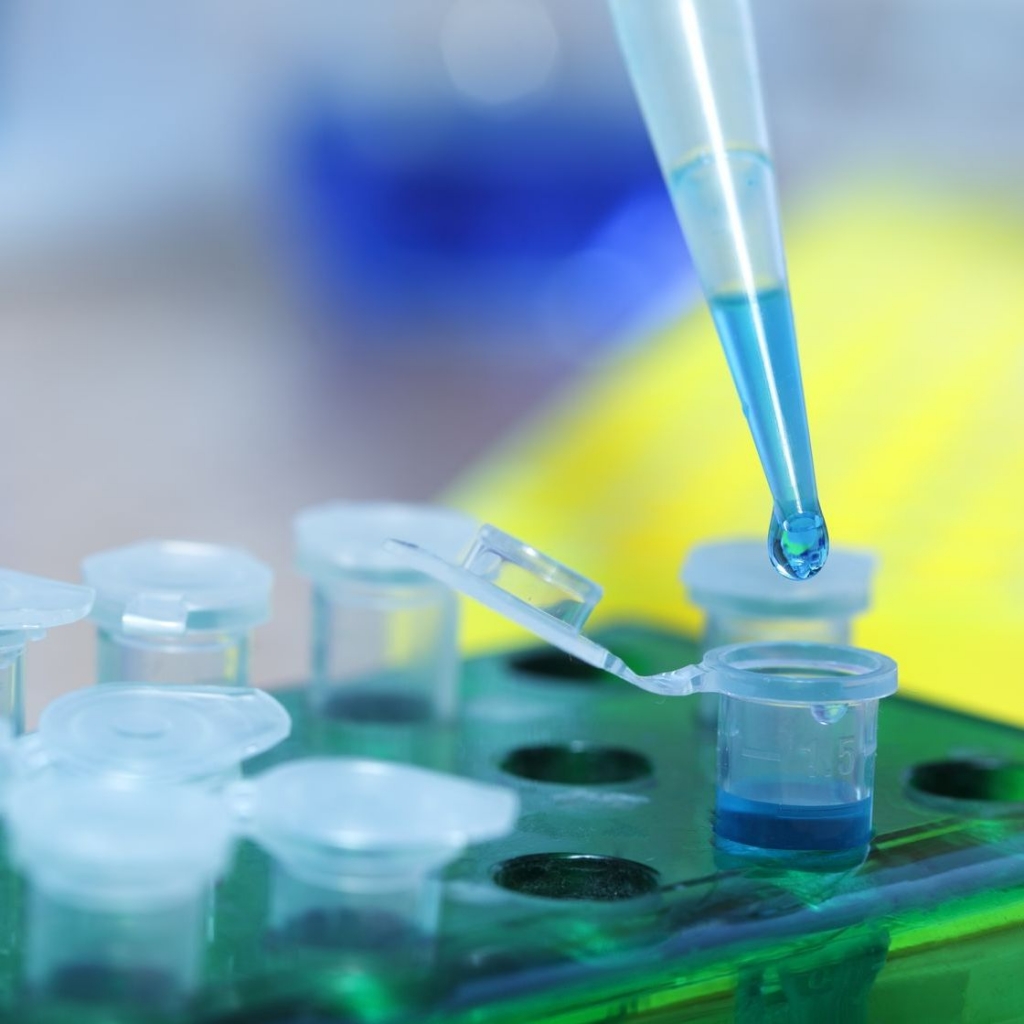
In case of the men’s health package when planning to have children, the results of a the laboratory test alone are not yet sufficient to make a diagnosis. If your complaints persist, our experienced internal medicine specialists are at your disposal.
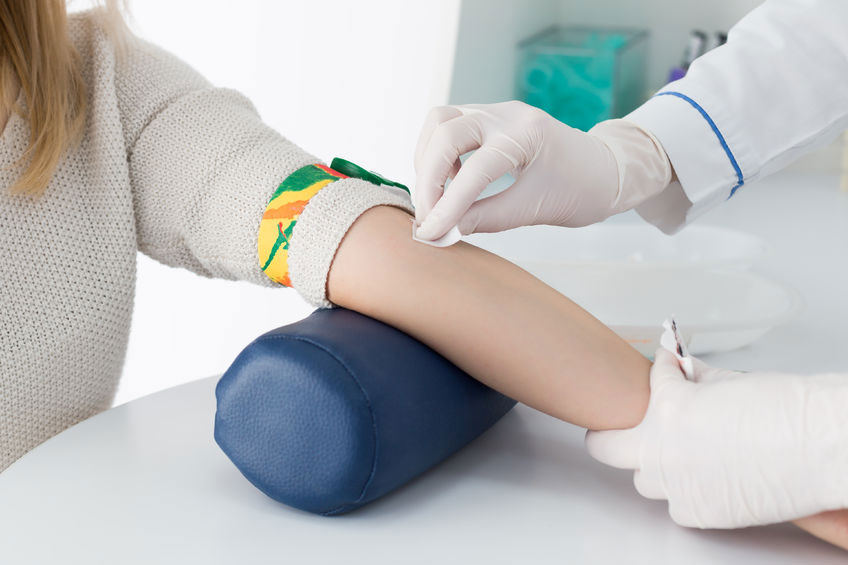
How do I prepare for the test?
The men’s health package when planning to have children laboratory test requires at least 6 hours of empty stomach.
When is the result expected?
After the 3rd working day following the test.
